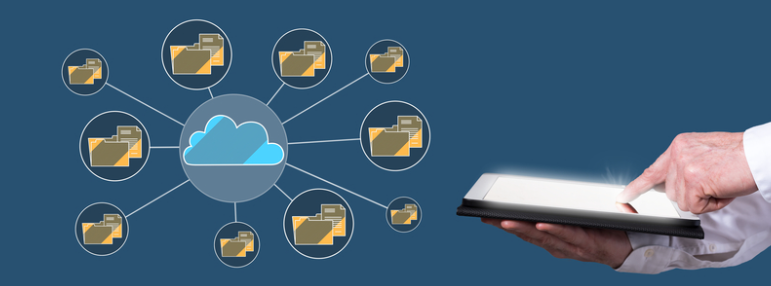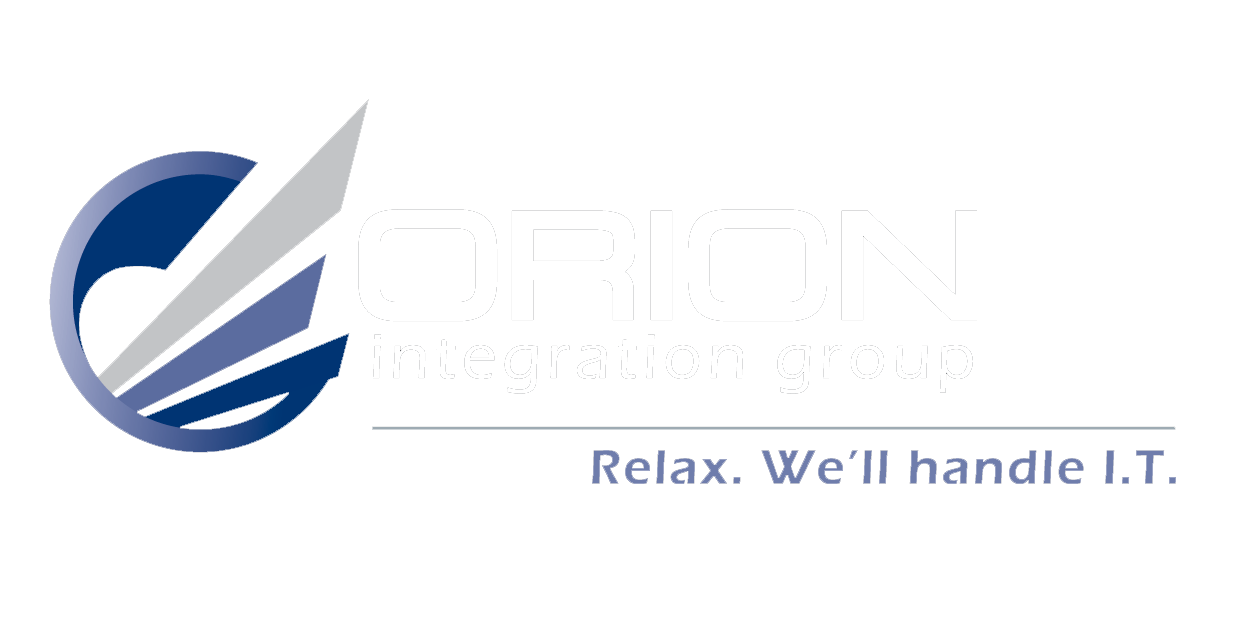Proactive IT Monitoring: The Key to Business Resilience
Proactive IT Monitoring: The Key to Business Resilience
IT monitoring is a critical function that involves the continuous scrutiny and analysis of an organization's technology infrastructure. It encompasses a broad array of activities from tracking network traffic and performance metrics to spotting potential security threats. The value of IT monitoring extends beyond mere observation; it is a proactive safeguard against unforeseen disruptions that can impact business operations adversely.
Being proactive, rather than reactive, means that businesses can anticipate and prevent issues before they manifest into significant concerns. This approach minimizes downtime, protects against data loss, and ensures that IT resources are utilized optimally. For businesses, particularly in dynamic regions such as Southwest Idaho, where technology is integral to the competitive landscape, proactive monitoring can be the difference between maintaining a fluid operation and dealing with costly interruptions.
Expecting the Unexpected: Preempting Critical Issues
With the right monitoring tools in place, businesses can identify and neutralize issues before they escalate into critical problems. This preventative strategy often involves predictive analytics, which uses historical data to forecast potential system disturbances and vulnerabilities. Monitoring solutions integrated with predictive analytics can signal when a system component is likely to fail, allowing IT managers to address the issue proactively.
To bolster these efforts, organizations implement alert systems and define thresholds that trigger notifications when parameters are breached. These alerts enable IT personnel to respond immediately to abnormalities, ensuring systems are restored to normal parameters swiftly, and reducing the likelihood of downtime or data compromise.
IT Monitoring as the Cornerstone of Managed IT Services
Within the portfolio of managed IT services provided by companies like Orion Integration Group, monitoring serves as a vital component. It's stitched into the fabric of the service offerings, ensuring that businesses are not only equipped with cutting-edge technology but are also afforded the peace of mind that comes with continuous oversight.
Another pivotal aspect is the enhancement of security posture. As IT infrastructures become more complex and
cyber threats more sophisticated, continuous surveillance is paramount in protecting sensitive data and maintaining business integrity. In regions with diverse business environments like Idaho and its neighboring states, where industries range from agriculture to tech startups, a robust security strategy supported by meticulous monitoring can act as a critical shield against cyber threats.
Furthermore, the impact of effective monitoring on Service Level Agreements (SLAs) is prominent. SLAs are commitments between service providers and their clients about the expected level of service. By ensuring the regular monitoring of systems, service providers like Orion Integration Group can adhere to SLAs with greater accuracy, fostering trust and reliability with their clientele across diverse geographic locations.
Harnessing the Power of Tools and Techniques
Advanced monitoring tools and software are now indispensable in the realm of IT management, empowering businesses with the capability to oversee their IT infrastructure meticulously. These tools provide comprehensive visibility into every facet of an organization's technological environment, from network performance to application health.
The advent of automated monitoring systems has bolstered the efficacy of IT oversight. These systems can quickly detect and diagnose issues, often resolving them without human intervention. The advantages include reduced response times, decreased risk of human error, and the ability to free up personnel for more strategic tasks.
Adhering to best practices in the configuration and maintenance of monitoring tools is critical for their success. This includes regular updates to ensure compatibility with new technologies, fine-tuning alert parameters to avoid notification fatigue, and conducting periodic reviews to adjust to the evolving IT landscape.
The Local Context: Case Studies in Regional IT Success
Examining case studies within Orion Integration Group's market provides tangible insights into how proactive IT monitoring has transformed local businesses. In the fast-growing region of Southwestern Idaho, companies have leveraged IT monitoring to ensure their infrastructure keeps pace with expansion while maintaining robust security.
The Future Landscape of IT Monitoring
Emerging technologies, notably artificial intelligence (AI) and machine learning, are carving a new frontier in IT monitoring. These technologies can analyze vast amounts of data to predict and preempt potential disruptions before they occur. The integration of AI into monitoring systems is becoming more prominent, offering advanced anomaly detection and intelligent response mechanisms.
As these technologies gain traction, they bring both challenges and opportunities to regional businesses. The potential complexity of implementing and managing these sophisticated systems can be daunting. However, the prospects they offer in terms of enhanced decision-making and automation present significant advantages for organizations that embrace them.
Why Continuous Monitoring Equals Enhanced Business
In summary, continuous monitoring plays an essential role in the modern IT infrastructure. This article has outlined the importance of proactive IT monitoring and its benefits, from preventing critical issues to reinforcing managed IT services. It has also touched upon both the current state and the future of monitoring technologies.
For businesses in the markets served by Orion Integration Group, embracing proactive monitoring can lead to improved IT performance, robust security, and fulfillment of SLAs, ultimately enhancing overall business operations. As we look forward, the role of IT monitoring is set to become more pivotal, with advances in technology providing greater insights and efficiencies.
Ensure your business stays ahead of IT challenges with Orion Integration Group's proactive monitoring solutions. Our managed IT services are designed to keep your infrastructure secure and efficient. Connect with us to learn how our vigilant monitoring can safeguard your business operations.








Depend on I.T. Depend on us.



